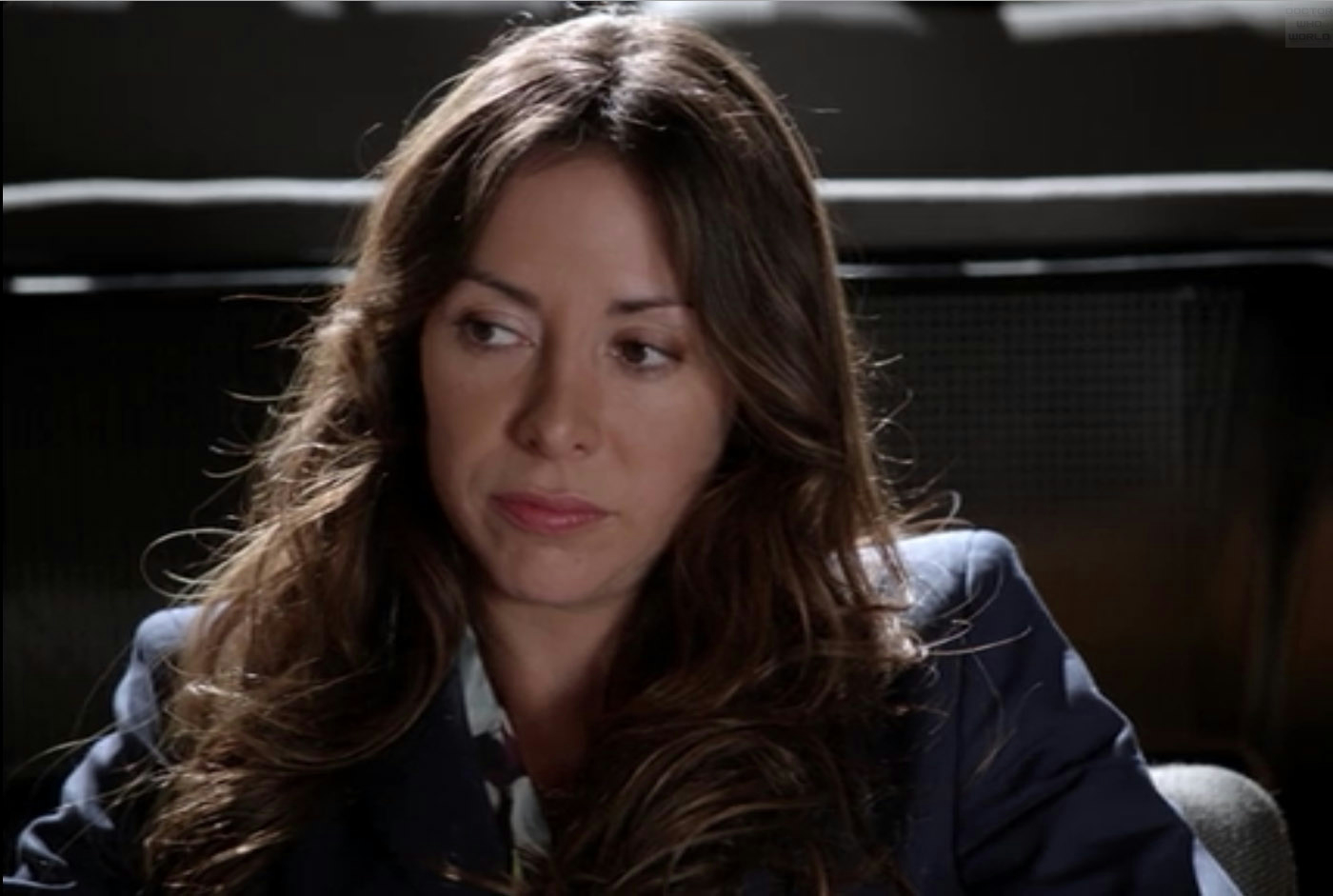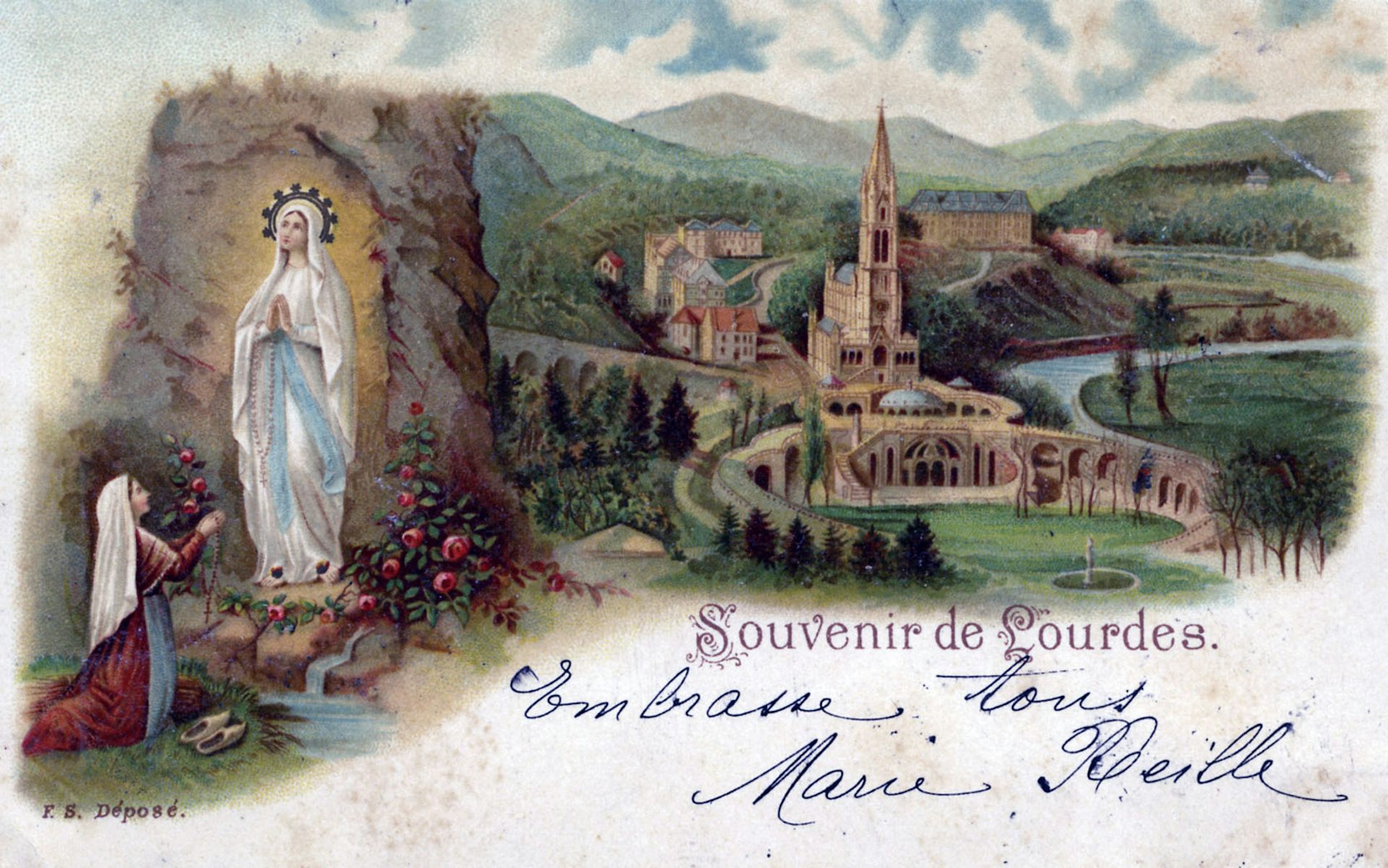

#JUAREZ BECAME A BYWORD FOR DRUGS PROFESSIONAL#
What unfolded next was about as unlikely as anything else that happened in Kooiman’s professional career. Yet the year after Kooiman’s departure, the team was finally relegated to Mexico’s second division, never again to return to the top flight.Īfter such a promising start, Kooiman’s dream of Mexican stardom looked dead. That the team had survived in Mexico’s top division as long as it had was a minor miracle. The team’s training ground was a converted baseball field whose locker room routinely flooded with up to eight inches of water. Kooiman’s mistake had been to forget how cheap an outfit the Cobras really were. I got in my Westfalia, loaded everything up, left three days later and drove to California.”

I walked out and slammed his door as hard as I freaking could. And they’re the ones that gave me the opportunity. “I wanted to make Juárez a home, even though it wasn’t the most beautiful place,” Kooiman says. But when Kooiman mentioned a salary increase, De la Vega exploded in fury. When he walked into the office of Cobras owner Alejandro de la Vega later that spring, Kooiman fully expected the normally mild-mannered De la Vega to rubber-stamp his contract demands. By the end of his final season with the club in 1991, Kooiman had helped Cobras stave off relegation for a second straight year, was carried off the field on the shoulders of the Juárez fans, and finished behind only Club América legend Alfredo Tena in voting for the league’s Best XI. But Kooiman forced his way into the Cobras starting line-up. They said that Kooiman would be the first player cut from the roster.
#JUAREZ BECAME A BYWORD FOR DRUGS PRO#
One week later, Kooiman found himself in a Juárez hotel room with Getchell, Miloc, and the Cobras executives, putting pen to paper on his first Mexican pro contract.Īt the time of his signing, few in Mexico’s media believed that such a big guy could play in such a skillful, technical league.

Kooiman, who didn’t speak a word of Spanish and who had never played professional outdoor soccer, was overcome with so much emotion that he ran down the hall, grabbed a Spanish-speaking teammate, Michael Getchell, and told him: “You’re my agent!” Miloc came to Kooiman’s room and asked him if he would be interested in playing for Cobras. Despite demonstrating an outrageous talent for American football placekicking – Kooiman says he was offered 10 times as many athletic scholarships for American football as he was for soccer – the kid who grew up watching Mexican soccer on television had his sights set on a pro career in the only sport he truly loved.Īt a US national ‘B’ team exhibition in Tijuana in 1989, Kooiman was spotted by Uruguayan Carlos Miloc, the coach of Cobras de Ciudad Juárez, then playing in Mexico’s top division. Growing up in the sprawling Los Angeles suburbs, Kooiman dreamed of playing professional soccer. From the start, Kooiman faced an uphill battle for acceptance from a soccer culture traditionally distrustful of outsiders and often antagonistic to players from across the border. He was a 6ft 2in, 190lb gringo with a mop of curly blonde hair and a Dutch surname. “But once I got down there, well, Juárez is a tough town.”īut Kooiman was just as tough a central defender, one who had played most of his professional career in America’s Major Indoor Soccer League, making him an unlikely candidate for Mexican fútbol stardom. My original thoughts were pretty grand,” Kooiman tells the Guardian. “When I thought of Mexico and being in Mexico, I thought: man, I’m going to live on this beautiful green hill, and have a house that overlooks the valley.


 0 kommentar(er)
0 kommentar(er)
